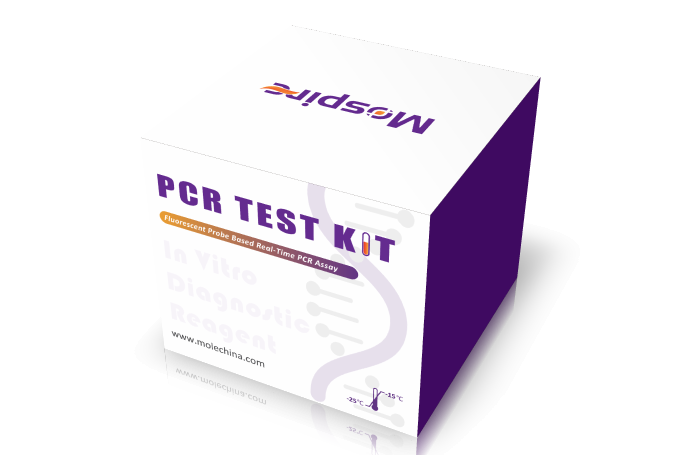
K-ras oncogene is located on human chromosome 12 and plays an important role in the development of human tumors. K-ras acts as a molecular switch: it controls the pathways that regulate cell growth under normal conditions; when abnormalities such as mutations occur, the gene is permanently activated, causing intracellular signal transduction disorders, leading to continuous cell growth and preventing cells apoptosis, and thus leads to cancer. Mutations in K-ras gene occur in the early stages of tumorigenesis, and the K-ras genes of the primary and metastatic lesions are highly consistent.
The packaged kit should be kept at -(20±5) ℃ away from light.
1. Coincidence rate of positive reference products: The positive references corresponding to each mutation tube should be detected as corresponding mutation positive.
2. Coincidence rate of negative reference products: 12 negative references should be detected as negative in PCR mixture 1-7, the positive references should be tested as negative in those wells not corresponding to the specific mutation.
3. LoD: when detect a 0.2% ratio of mutated DNA in a total genomic DNA with a concentration less than 20ng/μL, the corresponding PCR mixture well should show a positive result.
4. Repeatability: Test two mixed positive references for 10 times, PCR mixture 1-7 show positive results when detected the corresponding mutation and the coefficient of variation of Ct values in each mixture should not be higher than 5.0%.
Once K-ras gene mutations are detected in benign tumor Patient, which indicates the possibility of malig-nant transformation and help doctor to screen effective targeted drugs (such as Erbitux, Panitumumab, etc.) to achieve individualized treatment of tumor patients.